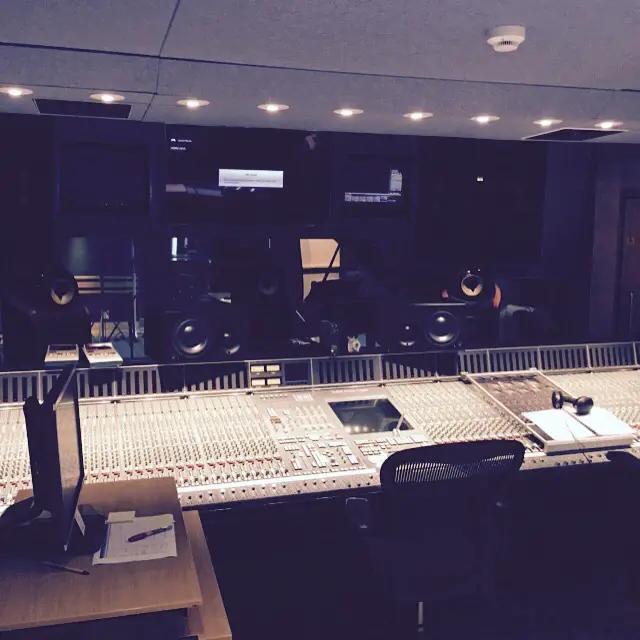
Want a Career in the Music Industry? Here’s a Suggestion
Before I got into radio, I had dreams of being a record producer or a recording engineer. I loved the studio environment with all the gear and high-fidelity sound and the fiddly bits that go into making music. Sadly, though, I found I had no talent for such a thing and moved on rather than become an abject failure. My career in the music industry became playing the finished product on the air. That’s turned out okay.
Were I starting out today, though, I’d have a shot because the role of an audio engineer has expanded greatly thanks to technology. Music Industry Think Tank offers this advice.
The dream of being a rock star eludes most of us. Fortunately, you can work and succeed in the music industry. Being an audio engineer, you can have a huge impact on recording, mixing, editing, and much more.
What You May Not Know About Audio Engineering
We usually think of an audio engineer working in a recording studio. Live music performances, film, TV, theater, radio, podcasts, video games, and more all require audio engineers. And within each of those broad areas, there are a number of audio (or sound) engineer roles to play.
You Need “Big Ears”
The most important skill is to have a finely honed ability to hear subtleties of sound. Musicians call this having “big ears”. To hear the gradations of change an effect has on a solo instrument while all the other instruments are playing at the same time requires skill and zen-like concentration. An audio engineer with a Master’s in Electrical Engineeringsays you can practice this skill every time you listen to music. Decide that you’re going to do nothing but listen. Listening to a symphony orchestra is a great way to develop big ears because there are so many different instruments to try to identify.
Interested? Read on.


Still not a ‘lucrative’ career path, unfortunately… I know more failed or discouraged audio engineers than failed musicians. It’s something I’ve always wanted to do too but you really must love your work, since the pay and opportunities can be both abysmal and few and far between – especially with tons of studios shutting down. That, and it is incredible competitive, like in the video game sector. Getting a leg up means sinking tons of money into some sort of degree – if you can find a school for it – which ends up being like a glorified art degree: no guarantee of employment, but guaranteed student loan debt. :/ Sorry to be the pessimist on this one.